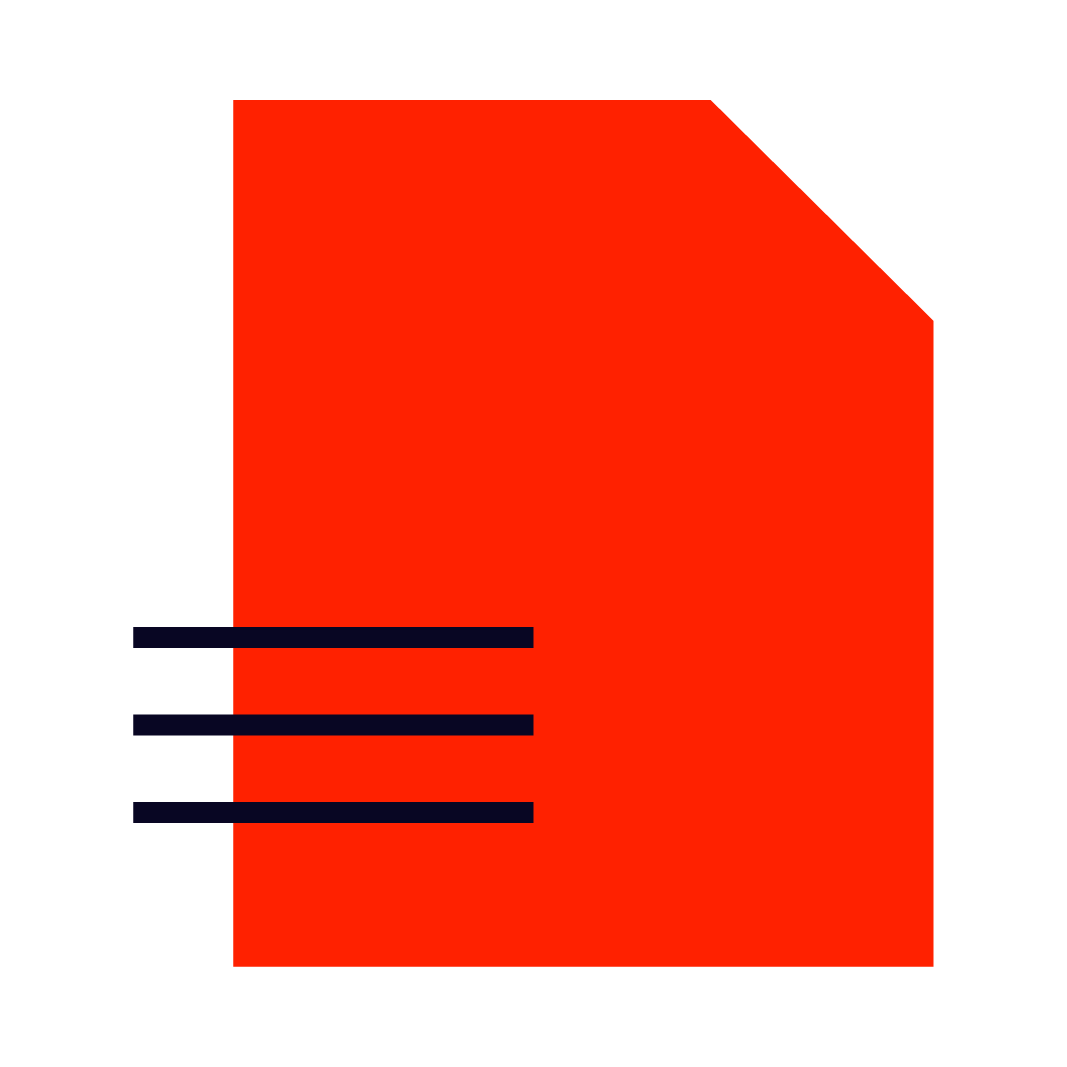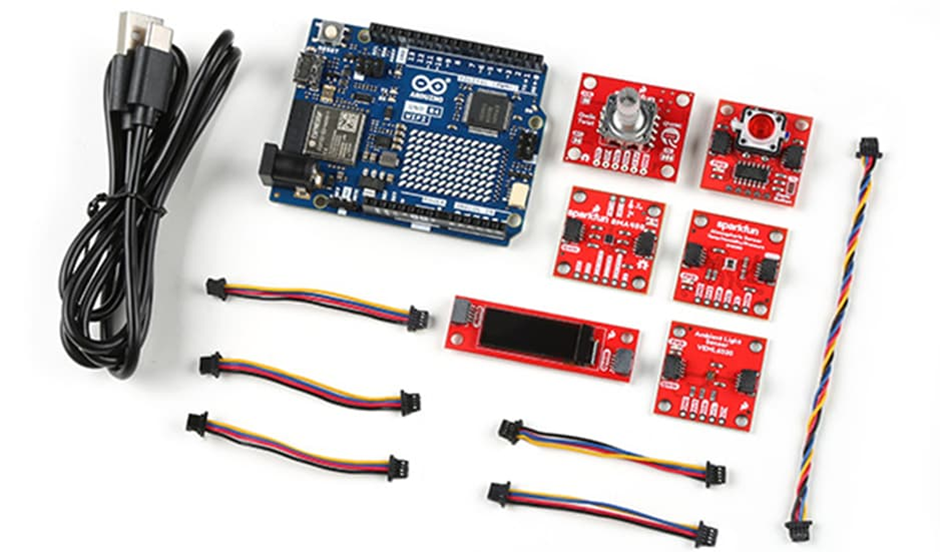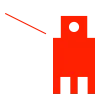 Article Overview
Article Overview
In this article, DigiKey introduces the evolution of Arduino from an open-source hardware platform to an ecological expansion, revealing its profound impact across multiple fields.
Definition of Arduino
Arduino is an open-source hardware and software platform designed to provide a simple, low-cost yet high-performance entry into the world of microcontrollers.Arduino was founded nearly twenty years ago by David Cuartielles, Gianluca Martino, Tom Igoe, David Mellis, and Massimo Banzi.
This definition of Arduino certainly provided a reasonable answer to a question that existed ten years ago. However, Arduino has grown. Over the past twenty years, thousands of people have contributed to open-source materials. Today, Arduino is far more than just Arduino.
What has changed with Arduino?
Arduino continues to offer an ever-expanding range of products. They still have versions of the original UNO as well as extended versions that retain the original form factor. This includes the UNO R4 with an 8×12 LED matrix, as shown in Figure 1. They also have a new Pro product line equipped with high-performance 32-bit processors and networking capabilities, making remote monitoring and data sharing convenient.The Pro product line includes a programmable logic controller (PLC) named Opta. The enhanced integrated development environment (IDE) provides features such as serial plotting.

Figure 1. Shows the Arduino Uno R4 and various Sparkfun kits with Qwiic devices.
For the same Arduino Uno R4 device, click “Read More” to learn more on the DigiKey website~
Where has Arduino succeeded?
Personally, most university students or educators have strong feelings about this product, from purists who enjoy using bare-metal programming to fan clubs that use Arduino for everything. They all point to the same viewpoint.Arduino is a successful product deeply rooted in microcontroller and maker spaces around the world. In other words, these students and many enthusiasts are very familiar with this product and the integrated development environment (IDE).
But this is not the end of the story, as Arduino’s influence is not limited to the company and its related products.
In which areas has Arduino expanded?
This is where it gets interesting, as we will soon understand why our initial definition of Arduino is incomplete. As an engineer at DigiKey, I have had the opportunity to engage with and gain experience across various platforms. I have observed that Arduino has transcended our initial definition. Earlier, I mentioned that Arduino is almost a constant presence in educational environments. This fact has been noted not only internally by Arduino, but also by other manufacturers.
Arduino Language Translator
When we shift our focus from Arduino to Raspberry Pi, this conversation becomes very interesting. There, we discover various technologies. For example, the Raspberry Pi Pico can be programmed directly from the Arduino IDE. There are also methods to program the Pi independently of the Arduino IDE, while retaining the Arduino language. These technologies also apply to PLC based on Pi, such as KUNBUS products.
Related to this, other manufacturers can import Arduino code into their IDE. For example, DigiKey manufacturer Microchip MPLAB can import an Arduino project. An example project can be programmed directly for UNO. Then, Arduino code can be imported into MPLAB. The generated code can be pushed back to Microchip AVR microcontrollers (originally Atmel). Once again, we see the vast Arduino educational foundation being used to provide a deeper understanding of microcontrollers.
Technical Tip:
A large amount of Arduino C code has been used to train artificial intelligence (AI) models. Therefore, AI can be used to generate and assist in code generation. For example, consider this non-blocking code generated with AI assistance. This article demonstrates how ideas originally attributed to programmable logic controller (PLC) programming can easily adapt to general purposes.



“Star” us, and don’t miss fresh cases and industry insights
